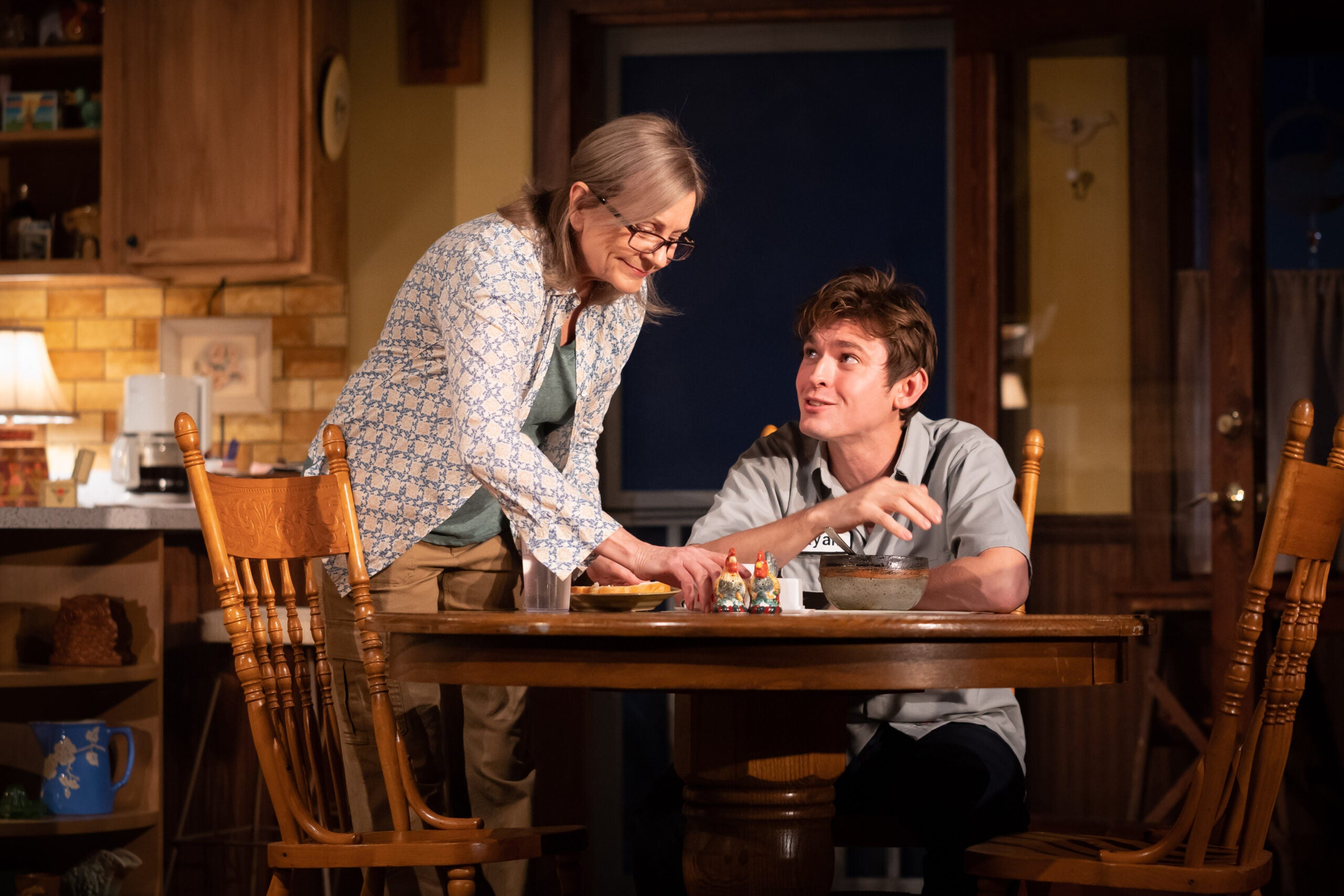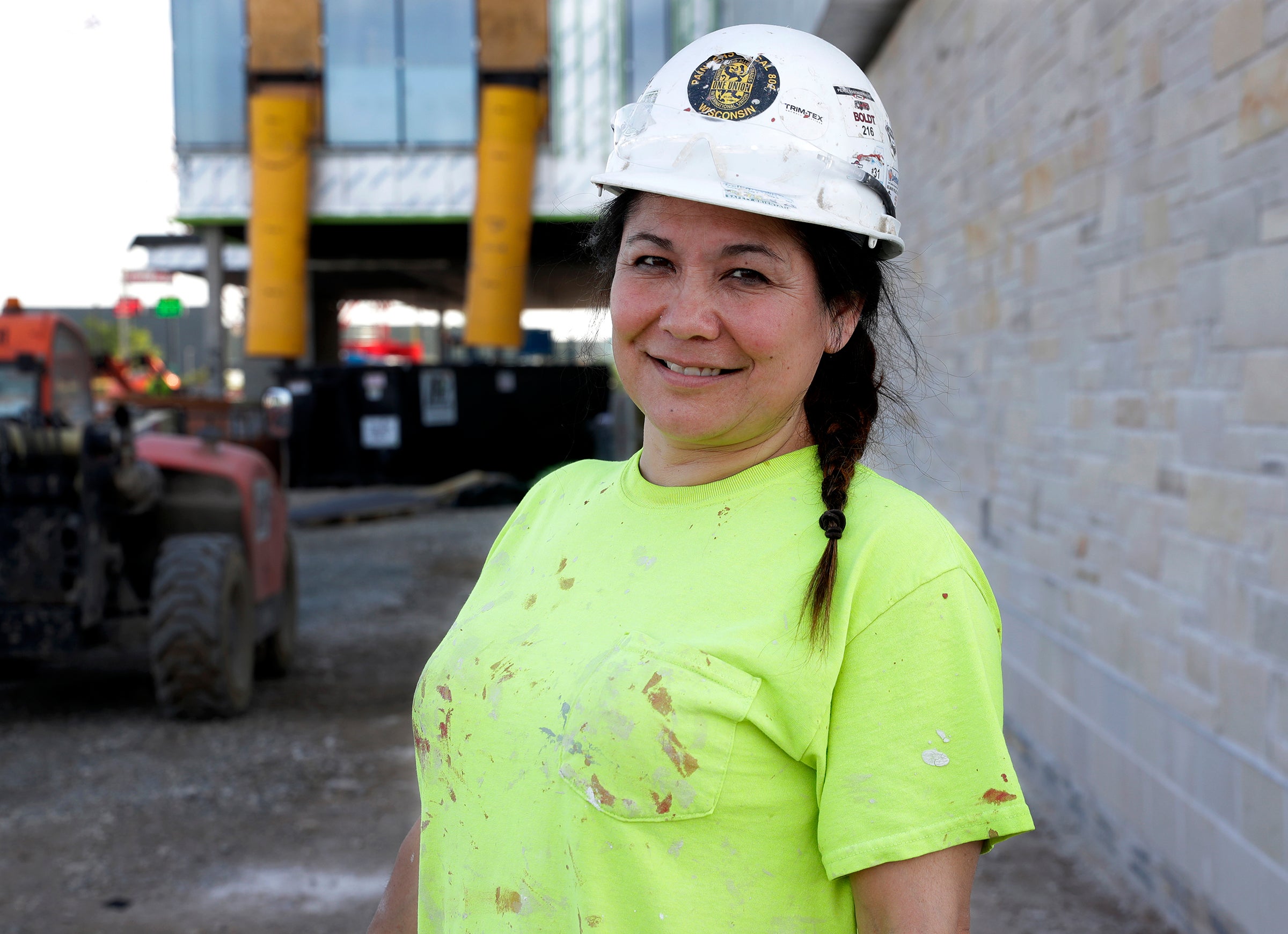A Wisconsin woman has been photographing historical markers across the state for the last five years, and has learned quite a bit about herself along the way too. Our guest shares her experiences and her knowledge on Wisconsin history. We also get the latest from the world of politics, and look at the historical significance of former Secretary of State Hillary Clinton’s presumptive Democratic nomination.
Featured in this Show
-
Economist: Ryan's New Plan To Alleviate Poverty 'Surprisingly Bipartisan'
U.S. House Speaker Paul Ryan’s new plan to alleviate poverty is a good starting point for compromise and could ultimately win over bipartisan support, according to a childhood poverty expert of a left-leaning think tank.
The new set of policies, which is largely a repackaged compilation of previous Republican policies, was announced on Tuesday by Ryan and other members of Congress and is being dubbed “A Better Way.” It focuses on reforming federal welfare programs while adding more accountability for failing initiatives. The vision was outlined in a 35-page report from a GOP task force on upward mobility. Specific recommendations are expected to be revealed in the coming weeks.
Ron Haskins, co-director of the Center on Children and Families and a senior fellow of economic studies at the Brookings Institution, called the policies “surprisingly bipartisan.”
“I think there are many things in the proposal that could lead to real negotiations between Republicans and the Democrats,” he said.
Ryan has been vocal about leveraging the policy to provide an agenda for Republicans to run on in the fall election.
“When I took (the House speaker) job back in October, one of the conditions in taking this job was that we put on paper what we stand for as Republicans,” Ryan recently told reporters. “We cannot simply be viewed as a reactionary opposition party. We have to been seen as the alternative, proposition party.”
Haskins said the proposal reinvigorates a long-held debate that often follows reform efforts — conservatives ask for more “personal responsibility” measures, while liberals call it “blaming the poor.” A version of that debate was articulated Tuesday during the press conference by U.S. Rep. Mike Conaway of Texas.
“None of us want people trapped, none of us want people stuck, mired in their circumstances. But the key is that that person needs to want to get unstuck. That person needs to want to get out of that mired circumstances. And our programs sometimes trap them there. Even the ones who want out,” he said.
But people on the left are beginning to be more sympathetic to adding “personal responsibility” requirements to federal legislation, said Haskins. Moreover, he said conservatives may be softening on their “get government out of the way” mentality. The shift from both parties could create the middle ground needed to pass the reform bills.
“I think the last decade or so, even the last 20 years since the 1996 Welfare Reform Bill, which was all about work and making people accept responsibility for work, I think that there’s been a real change among liberals, progressive and democrats in recognizing that personal responsibility is an important part of this agenda,” he said.
Haskins added, “There’s still space between them, but I think we’re closer to agreement on this. And you can cut a deal between Republicans and Democrats that emphasizes both personal responsibility and how the government can help.”
-
Wisconsin Historian Is On A Mission To See, Photograph State's Historical Markers, Sites
If there’s a historical marker on the side of the road near a Wisconsin community, chances are Melinda Roberts has seen it.
Five years ago, the De Pere resident set out to achieve an ambitious goal: to visit and photograph each and every official state historical marker in Wisconsin.
Roberts moved to Wisconsin in 2011, and around the same time, she was also diagnosed with cancer and given two years to live.
“My doctor suggested I go do something, since we didn’t know how much time I had,” she said.
She discovered the state’s historical markers on a trip to Baraboo to see Man Mound.
“I decided I would go visit all of them, you know, to learn the history of my new home and to get a chance to travel around,” she said.
She started with a document that lists all of Wisconsin’s official historical markers. It was a helpful place to begin, but the markers were listed chronologically by date erected, and not exactly ideal for a travel plan.
“I took me about 60 hours to put it into an order by county,” she said. “And then I went to each county and sort of checked off the markers.”
There are more than 550 official state historical markers, according to the Wisconsin Historical Society. But during her travels, Roberts quickly learned that there were plenty more markers out there that aren’t affiliated with the state Historical Society.
“Markers can be placed by the state, they can be placed by a county or a historical society, or a group, or even an individual that wants to recognize their own family history at a location in a community,” she said. “I would make a wrong turn and boom! There’s a marker in front of me or a veteran’s memorial. And I began to stumble upon a lot of things that were not documented online at all.”
Roberts compiles all of her information and photographs on her website, Wisconsin Historical Markers.
She estimated that her website now has information about more than 5,300 markers and sites, and about 60,000 photographs of Wisconsin. In addition to historical markers, she also has information and photos about roadside attractions, lighthouses and national natural landmarks.
Roberts has been cancer-free since February 2015, something she attributes to the project and the work she put into it.
“I was so focused on things other than cancer and I believe that’s what got me through and past my diagnosis,” she said.
Despite achieving her goal of seeing all the state’s official historical markers — not to mention about a dozen that the state had lost track of, as well as thousands of local markers — she plans to keep going. She’s also working with the state cartographer on an app that will help people find historical markers near their location.
Her summer plans include checking out local markers around Middleton and Madison, but also photographing all of the Belgian chapels in Door County.
“I probably know of about a thousand markers right now I haven’t visited,” she said.
-
Clinton Made Women's History By Clinching The Delegate Count
Former Secretary of State Hillary Clinton was the first woman to clinch the delegate count needed to win the Democratic nomination this week. In a speech Tuesday night, Clinton acknowledged it as a historic moment. We talk to an expert about how Clinton and the public are viewing her position as the first woman to be the presumptive nominee for a major party.
-
This Week In Washington – June 8, 2016
Harry Enten, senior political writer and analyst for FiveThirtyEight, joins Central Time for our weekly look at the most pressing issues in national politics.
-
Woman's Thousands Of Photos Document Wisconsin's History
A Wisconsin woman began traveling and taking pictures of state historical sites shortly after receiving a cancer diagnosis in 2011. Today she’s cancer free and has compiled more than 25,000 photos of museums, roadside attractions and other sights from around the state. She joins us to talk about her journey and the future of sharing state history.
Episode Credits
- Rob Ferrett Host
- Veronica Rueckert Host
- J. Carlisle Larsen Producer
- Matt Oleson Producer
- Haleema Shah Producer
- Ron Haskins Guest
- Melinda Roberts Guest
- Kelly Dittmar Guest
- Harry Enten Guest
Wisconsin Public Radio, © Copyright 2025, Board of Regents of the University of Wisconsin System and Wisconsin Educational Communications Board.



